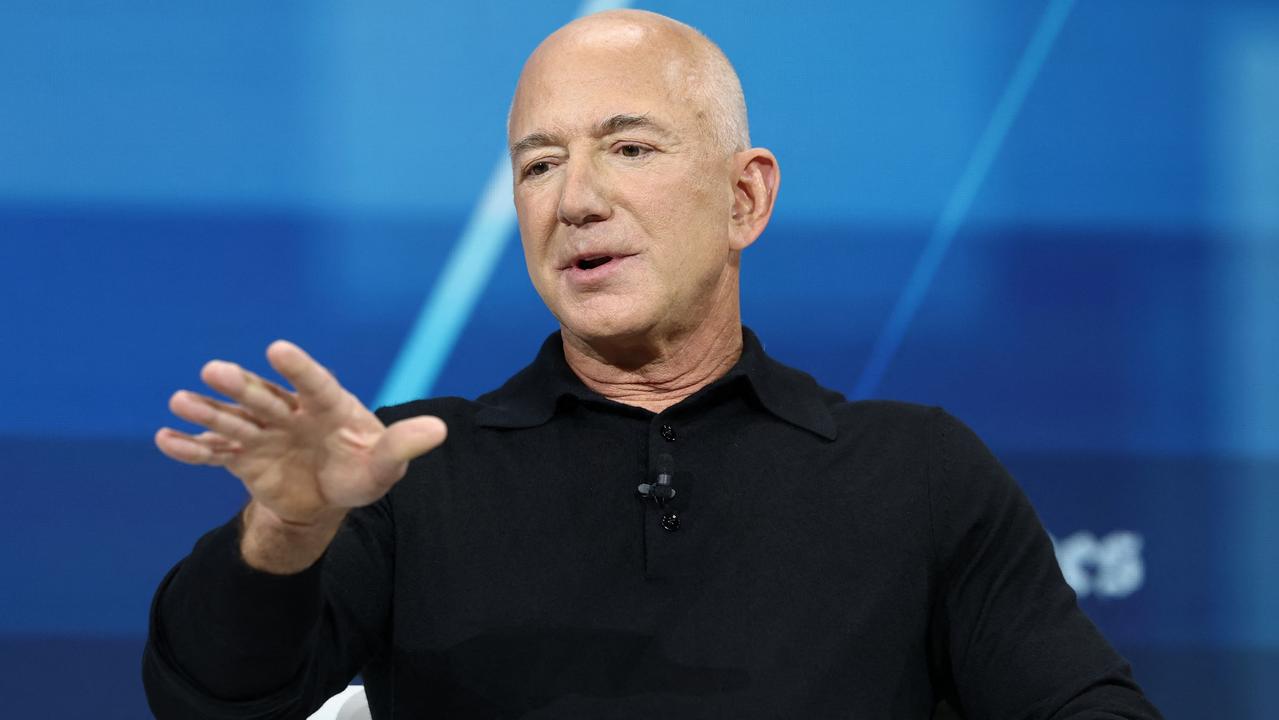After Amy – the blame game that engulfed the men who loved her
As the singer’s biopic is released, Sean O’Neill explores what happened to her disgraced ex-husband, Blake Fielder-Civil, and formidable father, Mitch.

On a grand London square in Camden Town, right opposite the house in which she died, stands a tree that has become a shrine to the memory of Amy Winehouse. Fans visit from all around the world. They leave flowers, padlocks engraved with dedications of devotion, lots of hairbands and scrunchies; there’s even a bra, weathered and frayed but still attached to the trunk.
Residents say there are about a dozen visitors to Amy’s Tree daily and more at weekends, especially as pubs and clubs empty out. No one seems to think it’s a problem.
These fan pilgrimages will only increase with the release this month of Back to Black, the Winehouse biopic directed by Sam Taylor-Johnson, which depicts the turbulent love story behind the album of the same name: those 34 minutes of extraordinary music that will keep her voice, her songwriting, her style and her image alive for ever.
Songs such as Rehab, Tears Dry on Their Own, You Know I’m No Good and Love Is a Losing Game told the story of her break-up with boyfriend Blake Fielder-Civil, whom she would later marry, and the film tells the story of how that chaotic relationship, conducted in a destructive whirl of drink and drugs, gave birth to the album. After getting married in Miami in 2007 the couple divorced two years later, and Fielder-Civil admitted introducing Winehouse to crack and heroin.
The movie adds another layer to the legend of Winehouse, who was 27 when she died of alcohol poisoning in July 2011. In life she was an enormous and still growing talent, troubled by toxic relationships, thuggish paparazzi and her addictions. Posthumously she has become a music and style icon. And, making her a member of the tragic “27 Club” – along with Janis Joplin, Kurt Cobain, Jimi Hendrix and Jim Morrison – her premature death has spawned an industry.
That industry is driven by the appeal of her classic album, which has sold 25.2 million copies and been streamed nine billion times. There have been more than a dozen books, including memoirs by her parents, Mitch and Janis (the proceeds of which went to the Amy Winehouse Foundation, an addiction charity). Exhibitions of her outfits have been held in the UK and the US, her beehive is instantly recognisable, and there is a global market in Winehouse memorabilia and merchandise.
Two US auctions of her clothing and possessions raised hundreds of thousands; the custom-made dress she wore at her final, disastrous performance in Belgrade in 2011 had a guide price of $US20,000 ($31,000) but fetched $US243,000.
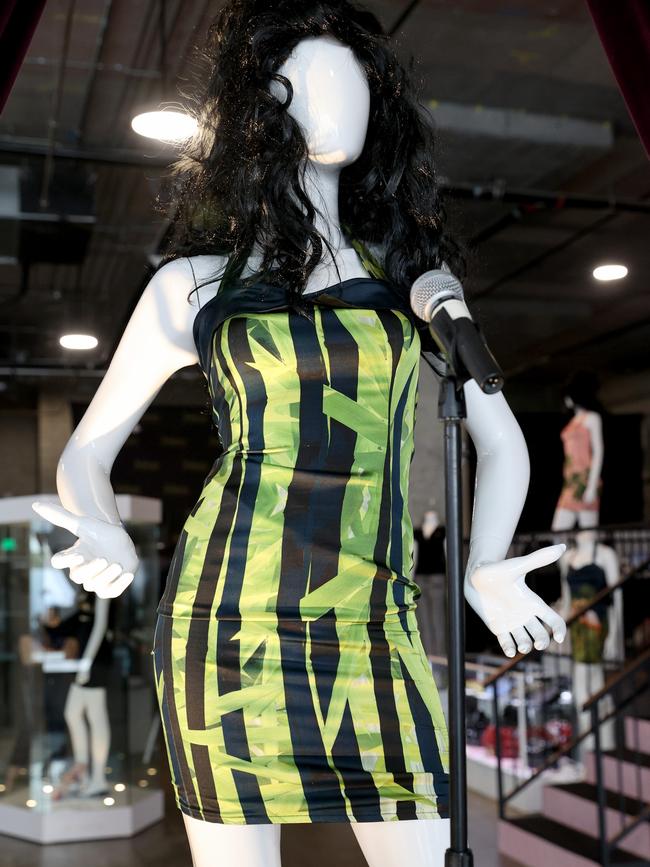
One figure who loomed large in Winehouse’s life story but plays no part in this lucrative industry is Fielder-Civil, now 41 and living in Leeds, the city where he was in jail when she died. Fielder-Civil has been living a chaotic lifestyle, with at least five addresses in Leeds in recent years, and is understood to be sharing a flat near Headingley cricket ground. He has two children with a former partner, Sarah Aspin, whom he met shortly after breaking up with Winehouse, and was reported in 2021 to be engaged to another woman, Bay Wright.
He was jailed for a burglary in the city (committed to feed his drug habit) in June 2011. While he was heading for jail Winehouse was abandoning a European tour after her disastrous, drunken stage performance in Belgrade. The next month she was dead. An alcohol binge proved too much for a body ravaged by bulimia.
Fielder-Civil shouldered much of the public opprobrium. Even today, posts on an Instagram account that uses his name are met with a barrage of social media trolling. In May 2023 the account posted a link to an article about the making of the film and generated 164 negative, accusatory comments.
In 2019 Fielder-Civil was reported to have been arrested on suspicion of arson after a fire at his flat in a 16-storey block. Neighbours claimed the blaze was drug-related, but no charges followed. His younger brother, Freddy, died from a heroin overdose in Leeds in 2021, and Fielder-Civil attended the inquest the next year.
Although he keeps a low profile, photographers have been staking him out in anticipation of the film’s release. He was snapped in February sporting a new teardrop tattoo outside his local supermarket.
Fielder-Civil’s most recent public comments came in September when he was a guest on Good Morning Britain as the show marked what would have been Winehouse’s 40th birthday. “We were really young, you know, nearly over half my life ago,” Fielder-Civil said. “The fact is, a lot of people when they’re young (make) mistakes, not knowing how to conduct themselves, not knowing how to pace yourself, not knowing what your limits are, normal things that people learn as they get older. Perhaps we were not afforded the same kind of allowances to make mistakes.”
Fielder-Civil talked about rebuilding himself, getting “clean time” under his belt and dealing with the blame still heaped on him. "I can’t change how other people feel about that, but for me personally I need to stop carrying that cross on my own,” he said. “I’ve carried that burden myself for over 10 years. I feel, to be honest, that I’m the only person within that story that’s ever held any kind of accountability, that’s ever tried to say: ‘Yeah, I made some huge mistakes’.
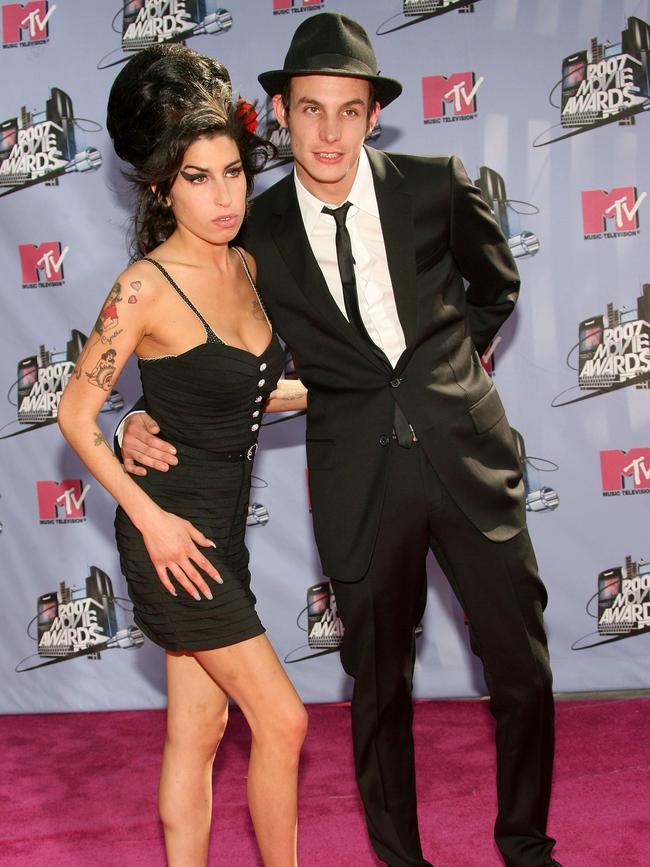
“I was a twenty-something-year-old drug addict. I had absolutely no idea how to make myself clean, let alone somebody else who was a big cog in the machine for a record label, and there were vested interests in Amy carrying on performing.”
A friend of Winehouse says Fielder-Civil should not carry so much blame. “There were so many things at play, many things that have never come to light. He wasn’t great, he did introduce her to very hard drugs, but I don’t think he deserves all the blame, and I don’t think that Amy would want him to be blamed either.”
Alison Owen, the film’s producer, went out of her way to meet Fielder-Civil as she prepared to make the movie. Film insiders say he was hard to pin down but eventually agreed to meet, arrived late and told Owen he would prefer her not to make the film. He did not want to be portrayed “as an idiot” because that would cast Winehouse in a bad light too.
He knew, however, that he was powerless to stop the process, so agreed to meet Jack O’Connell, who plays him. They apparently clicked and felt they had much in common. “I loved Amy then, and I still love her now,” Fielder-Civil told the filmmakers.
The production team has been trying to arrange for Fielder-Civil to see the film, but it is understood he has not watched it yet. The portrayal of him is an understanding one. When they meet for the first time in the film he is a sexy, cheeky Jack-the-lad who woos Winehouse over games of pool in the Good Mixer pub in Camden. “Think James Dean meets Joe Strummer,” one insider says.
The other man who played a huge part in Winehouse’s life, her father, Mitch, has seen the film, and is said to have come away pleased. Played by Eddie Marsan, Mitch is a well-intentioned, proud, exasperated and worried father. The image is in stark contrast to Asif Kapadia’s 2015 portrayal of Mitch in Oscar-winning documentary Amy, where he appears as a domineering, sometimes exploitative influence.
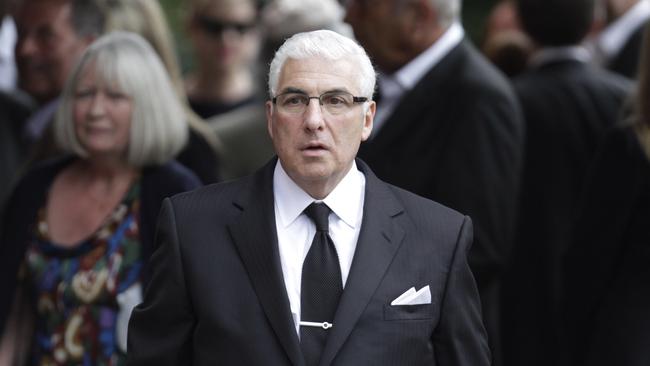
The former cab driver, 73, called Kapadia’s film “negative, spiteful and misleading”. He said he had been portrayed as a “money-grabbing, attention-seeking father who wasn’t there” and vowed: “We will fix this.”
Fixing it came in the shape of Reclaiming Amy, an hour-long family-backed documentary broadcast by the BBC on the 10th anniversary of her death in 2021. It was far more sympathetic to her family’s viewpoint and heavily featured the work of the foundation.
Although the family have been closely consulted and kept informed about Back to Black (with some members visiting the set), the filmmakers have been at pains to point out that they retained full creative control. Taylor-Johnson told film magazine Empire that it had been important to meet the family but “they couldn’t dictate how I was to shoot. Otherwise, I wouldn’t have done it”.
Owen’s intention was to make the film non-judgmental. The mother of Lily Allen, and therefore pretty familiar with the perils of music industry fame, she had a vision of telling the tale from Winehouse’s perspective: looking out from the goldfish bowl rather than peering in.
Fielder-Civil and Mitch are portrayed kindly because these were the two men Winehouse loved most in her life, whether those relationships were always healthy or not. The villains of the piece are the eating disorder bulimia, addictions to drink and drugs, and the pressure of fame. At every one of her worst moments the paparazzi are there, harassing, bullying, provoking, hungry for the next picture of a vulnerable woman in a vulnerable state.
This is, of course, a commercial project, and one in which the music is very much to the fore. Marisa Abela, who plays Winehouse, has re-recorded the bulk of the songs with the original Amy Winehouse band. Dale Davis, Winehouse’s original bass player, was a consultant to the project.
The Winehouse estate, which gives one-third of its revenues to the family charity, stands to benefit financially from the film through the granting of the rights by her record company to use Winehouse’s music.
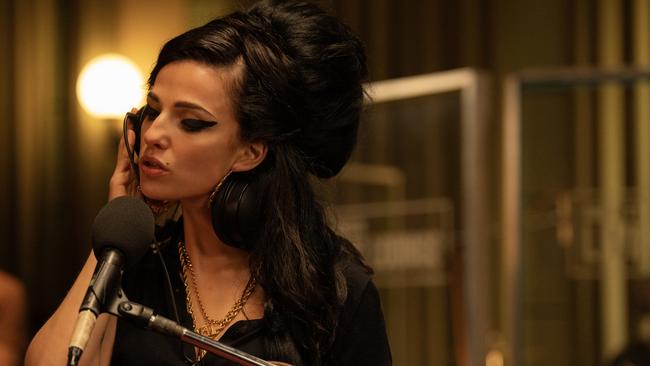
The estate, of which Mitch is administrator, is also involved in what looks set to be a bruising legal sequel to the film. He has launched legal action against two of his daughter’s oldest friends, Naomi Parry and Catriona Gourlay, seeking £732,000 ($1.4m) in damages over allegations they profited unlawfully from the sale of 156 items at those US auctions. The items included that dress from the Belgrade concert – which Parry designed – as well as other dresses, bikinis, shoes and jewellery.
Parry and Gourlay, who featured alongside her family in the BBC documentary, say they were shocked when the estate began legal proceedings, and strongly deny the allegations. They argue that Winehouse frequently gifted them items, while they loaned her pieces of clothing and jewellery.
The case is set to be acrimonious, with Parry posting on Twitter/X last month: “Mitch Winehouse’s legal pursuit began when some of my pieces fetched considerably more than anticipated at an auction we had jointly participated in … my reputation has been tarnished and therefore my career. I am part of two people with finite funds against a multi-millionaire and his well-funded team of lawyers, publicists and advisers.”
The women had been crowd-funding to fund their defence, but announced recently they had stopped fundraising “because a prominent individual has generously offered financial support to help level the playing field”. A family spokesman said: “The estate has questioned how these items came into their possession and has not had satisfactory answers. The estate has therefore launched a legal process to clarify the situation. The Amy Winehouse Foundation will directly benefit if monies are recovered from either defendant.”
The legal wrangle feels a long way from the innocent tributes around the Amy Tree in Camden Square. “Does she ever get to rest in peace?” laments one friend. “Do we ever get to be still and grieve her properly? Every year there seems to be something new to keep the Amy industry going."
The Times
Back to Black is in cinemas now.




